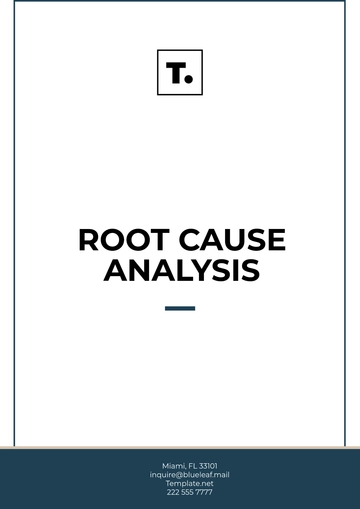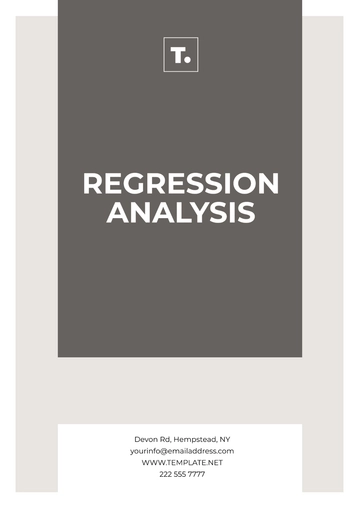Free Book Concept Literary Analysis

Prepared By: [YOUR NAME]
Date: [DATE]
I. Introduction
"The Alchemist" is a widely acclaimed novel that has captivated readers around the world. The story follows Santiago, a shepherd boy on a quest for hidden treasure, guided by a series of omens and mystical encounters. The book integrates themes of self-discovery, destiny, and spiritual enlightenment into a narrative that transcends a simple adventure story, offering a philosophical exploration of life’s deeper meanings.
II. Thesis Statement
"The Alchemist" delves into the concept of pursuing one's "Personal Legend" the fulfillment of one's deepest desires by highlighting the importance of listening to one’s heart, embracing life’s journey, and interpreting the wisdom of the universe. This exploration of personal destiny and interconnectedness encourages readers to reflect on their paths and the deeper significance of their aspirations.
III. Thematic Analysis
Several core themes are meticulously developed in "The Alchemist," guiding readers through Santiago's journey of self-discovery and fulfillment:
The Pursuit of Personal Legend: Central to the narrative is the theme of seeking out one’s unique purpose or "Personal Legend." Santiago’s adventure illustrates that the journey toward achieving one's goals holds as much value as the final attainment of those goals.
The Language of the Universe: The novel introduces a "universal language," a form of communication that transcends words and connects all existence. Santiago learns to understand omens and signs from the universe, which serve as guides on his journey.
Alchemy and Transformation: Alchemy symbolizes personal growth and the quest for realizing one’s potential. Just as alchemists sought to transform base metals into gold, Santiago learns to refine his life and soul through his experiences.
IV. Character Analysis
Key characters in "The Alchemist" play significant roles in conveying the book's central concepts and guiding Santiago on his journey:
Santiago: As the protagonist, Santiago represents the pursuit of one’s legend. His evolution from a shepherd to a seeker of treasure reflects the importance of steadfastness and courage in following one’s dreams.
The Alchemist: The Alchemist serves as Santiago’s mentor, imparting wisdom and teaching the principles of alchemy and life. He represents mastery of the universal language and understanding of one’s destiny.
Melchizedek (The King of Salem): Melchizedek introduces Santiago to the concept of the Personal Legend, acting as a catalyst for his journey. He symbolizes the mystical forces that guide individuals toward their goals.
V. Symbolism and Motifs
A range of symbols and motifs are employed to enhance the narrative and underscore its themes:
The Desert: The desert represents the challenges and hardships encountered on the path to achieving personal goals. It also symbolizes the vastness and often intimidating nature of the journey toward self-discovery.
The Oasis: The oasis, a place of rest and learning amidst the desert, symbolizes moments of relief and enlightenment. It highlights the importance of pauses and reflections in the journey of life.
The Philosophers' Stone and Elixir of Life: These alchemical symbols denote the ultimate goals of personal and spiritual perfection. They represent the transformative power of pursuing one’s Personal Legend and the wisdom acquired through the journey.
VI. Conclusion
"The Alchemist" offers profound insights into life’s journey, urging readers to pursue their Legends and recognize the interconnectedness of all elements of existence. Through its rich themes, dynamic characters, and potent symbolism, the novel fosters introspection and inspires a deeper appreciation for following one’s dreams. Ultimately, "The Alchemist" remains a timeless narrative about the significance of listening to one’s heart and the transformative nature of pursuing one’s passions.
- 100% Customizable, free editor
- Access 1 Million+ Templates, photo’s & graphics
- Download or share as a template
- Click and replace photos, graphics, text, backgrounds
- Resize, crop, AI write & more
- Access advanced editor
Unlock the potential of your literary insights with the Book Concept Literary Analysis Template from Template.net. This editable and customizable template allows you to break down and analyze the core ideas of any book with precision. Fully editable in our Ai Editor Tool, it offers a structured format to help you organize your thoughts and clearly present your analysis.





























